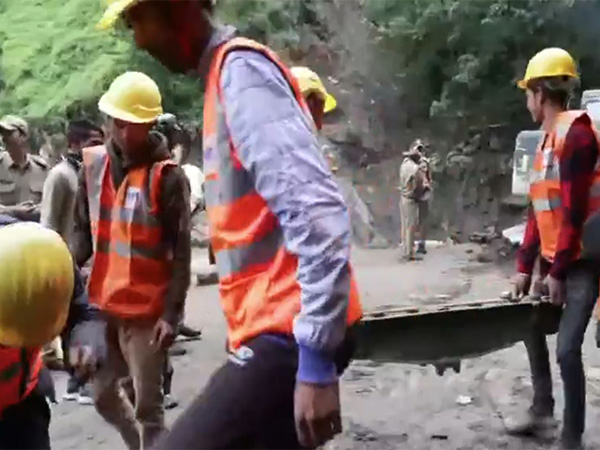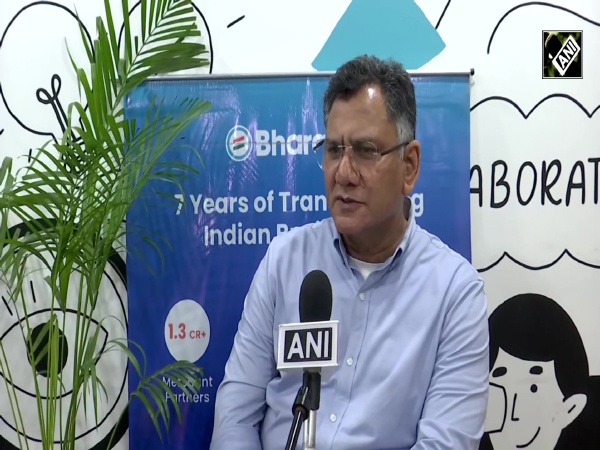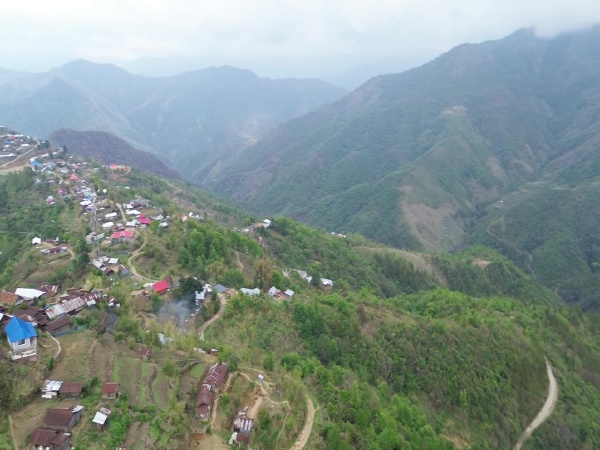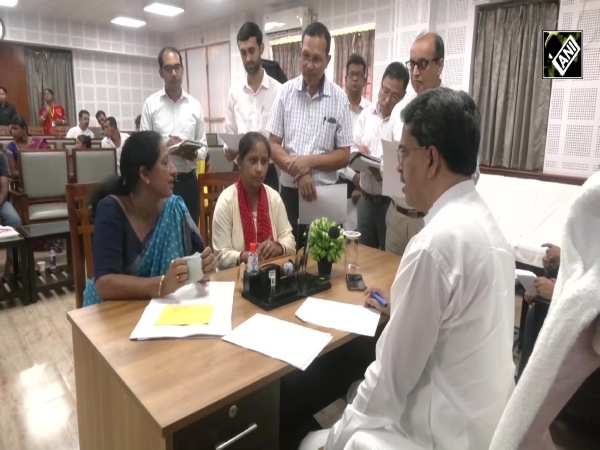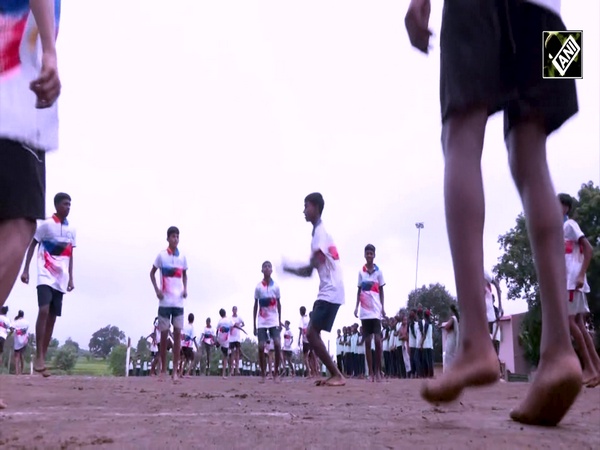AstraZeneca COVID-19 vaccine will be tested in kids as young as 6
Feb 13, 2021

London [UK], February 13 : University researchers plan to start testing AstraZeneca's coronavirus vaccine on children as young as six in Britain on Saturday.
According to CNN, a team at the University of Oxford, which developed the vaccine, said it will test the vaccine on children and teens aged 6-17 there and at sites in London, Southampton and Bristol. Few trials of coronavirus vaccine involve children as yet. In the US, Pfizer/BioNTech's and Moderna's vaccines are being tested in children as young as 12.
"This new trial, a single-blind, randomized Phase II trial, will enrol 300 volunteers, with up to 240 of these volunteers receiving the (AstraZeneca) vaccine and the remainder a control meningitis vaccine, which has been shown to be safe in children but is expected to produce similar reactions, such as a sore arm," the Oxford team said in a statement, according to CNN.
Grace Li, a pediatric researcher in the Oxford Vaccine Group, said in a statement: "We've already seen that the vaccine is safe and effective in adults, and our understanding of how children are affected by the coronavirus continues to evolve."
CNN reported that while children are much less likely than adults to be hospitalised or die from COVID-19, children are as just as likely as adults to become infected.
"While most children are relatively unaffected by (the) coronavirus and are unlikely to become unwell with the infection, it is important to establish the safety and immune response to the vaccine in children and young people as some children may benefit from vaccination," said Andrew Pollard, chief investigator for the trial at Oxford.
Pollard added, "These new trials will extend our understanding of the control of SARS-CoV2 to younger age groups."
This comes after the World Health Organization's Strategic Advisory Group of Experts (SAGE) said on Wednesday, according to Sputnik, that the benefits of the AstraZeneca/Oxford University COVID-19 vaccine outweigh the potential risks.




